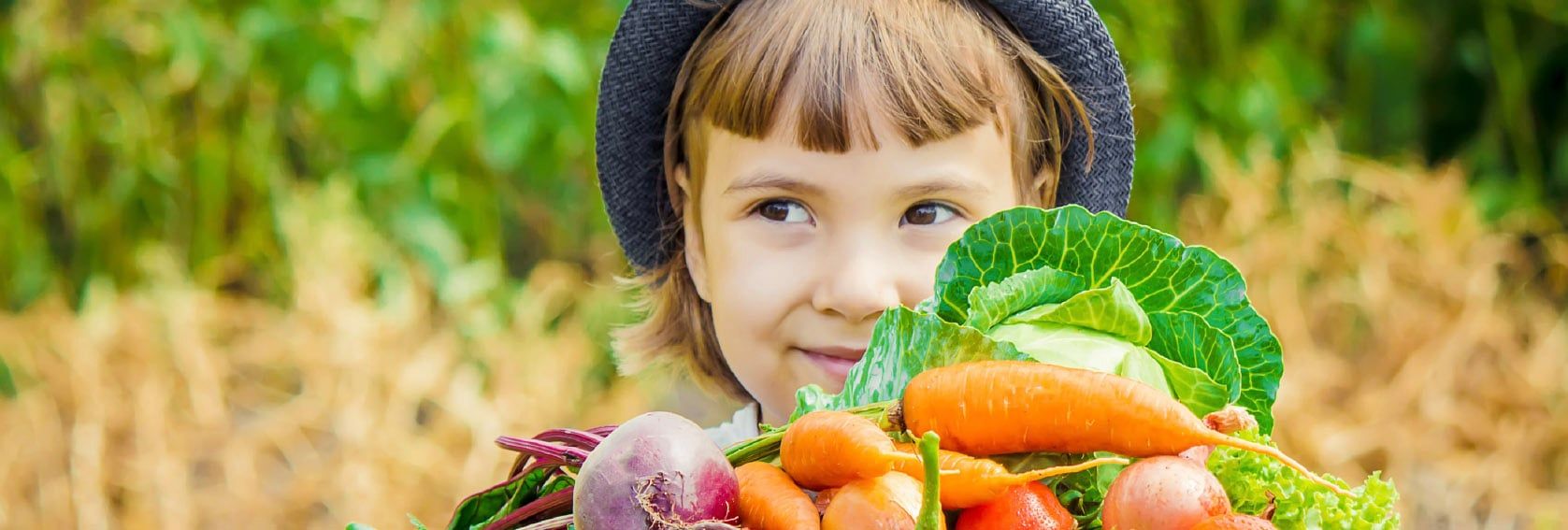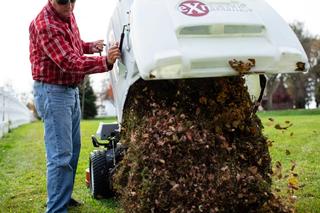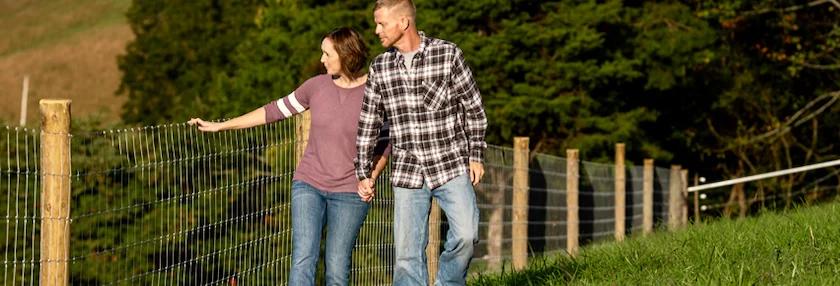Plant a Garden to Feed Your Family All Year


Living in the country has incalculable benefits—fresh, clean air; Nature all around; space enough to do what you like, and the ability to survive the current pandemic crisis with a minimum of disruption.
Feed your family
We need to live more like our great-grandparents and work on being more self-sustainable.
The term “butter-and-egg money” was cash Grandma earned selling off these items—and more—when she produced more than could be consumed in timely fashion.
When you grow your own food, you know where it comes from, how it was produced, and whether it contains unpronounceable stabilizers and preservatives (which it won’t). Consequently, all these fruits and vegetables will be healthier to eat, and better for you.
Growing a year’s food
We reached out to Melissa K. Norris, who writes her Pioneering Today blog from 15 acres in the North Cascade mountain range of Washington state, two hours northeast of Seattle. She’s all about self-sufficiency, raising 100% of her family’s own meat, 75% of their fruit, and 50% of the vegetables they eat.
Melissa offers a worksheet in her book “The Family Garden Plan” which also is available directly from a website, familygardenplan.com.
In general, a home garden can provide a substantial amount of vegetables in a plot as small as 25 x 50 feet, particularly if you use your head and plant varieties that yield multiple fruits—i.e. onion sets just grow bigger onions, but a zucchini plant can yield dozens of gourds in the same space.
The British website growveg.com reported research from the 1970s that around 4000 square feet is required to sustain one person on a vegetarian diet for a year, plus another 4000 square feet in access paths. That’s equal to a garden plot of 80 x 100 feet, or less than a quarter of an acre. A family of four may require an entire acre or more.
So, how much do I need?
Taking the first step to provide for your family will require disciplined planning, a lot of (very rewarding) preparation, and dedication to all that is involved in working in a garden from last snowfall to first freeze.
Victory Gardens were first promoted in World War I to encourage healthy eating. For WWII, as many as 20 million families learned to grow much of their own food, helping the war effort by saving prepared foods for troops.
Until you have a large enough flock to sustain your family—the basic rule of thumb is three chickens for every two members of your family—it is possible to gather eggs from your hen-raising neighbors. (They probably have extras, but you will undoubtedly have to buy the eggs.)
Just keep in mind that fresh eggs that are refrigerated last 4 to 5 weeks at best. Pro tip from the American Egg Board: For longer storage, beat whole eggs just until blended, pour into freezer containers, seal the containers tightly, label with the number of eggs and the date and freeze for up to 1 year.
Tags:Seasonal Living

Acreage Life is part of the Catalyst Communications Network publication family.
















